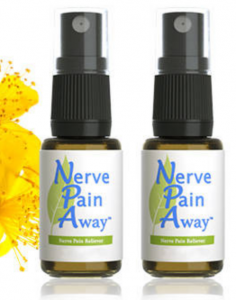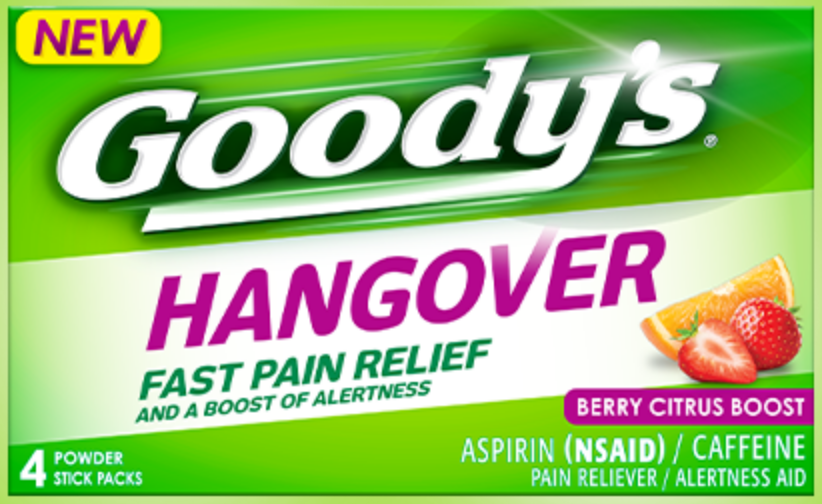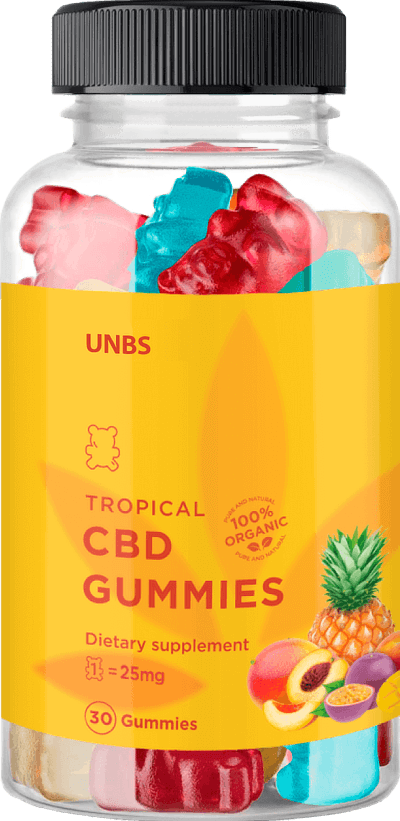
Alkaline Water Plus
Are there really any benefits to drinking alkaline water?
Homeopathic spray becomes the first to adopt disclosure admitting lack of scientific evidence.
Someone places a bushel of apples at your feet. You’re allergic to that many apples. Someone else hands you a glass of apple juice. To treat your excessive apple allergy, you take the slightest sip from the glass, not even a sip, whatever is less than a sip, you imbibe that amount of liquid. Voila! You’re cured.
 This is the “like cures like” concept of homeopathy, a theory that dates back to the 18th century. The general consensus of the medical community is that homeopathy is pseudoscience. And yet homeopathic medicine is a multibillion-dollar industry.
This is the “like cures like” concept of homeopathy, a theory that dates back to the 18th century. The general consensus of the medical community is that homeopathy is pseudoscience. And yet homeopathic medicine is a multibillion-dollar industry.
In November 2016, the FTC announced that it would hold health-related claims for over-the-counter (OTC) homeopathic drugs to the same standard of competent and reliable scientific evidence as other products making similar claims. But the agency also gave marketers of homeopathic products a potential out: If they could not cough up the scientific evidence, the addition of the following disclosure (or something like it) to the unsubstantiated claims might also suffice:
(1) There is no scientific evidence that the product works and (2) the product’s claims are based only on theories of homeopathy from the 1700s that are not accepted by most modern medical experts.
No problem, said the marketers of Nerve Pain Away, a homeopathic topical spray that sells for $19.99 whose purported active ingredients have been diluted a sextillion times. (That’s another thing about homeopathy: Its adherents believe that the more diluted a substance, the more potent it is.) Nerve Pain Away was recently able to avoid a full-fledged FTC investigation into its pain-relieving claims in part by adding this disclosure to “all advertising,” according to an FTC closing letter to the company:
Nerve Pain Away’s claims are based only on theories of homeopathy from the 1700’s that are not accepted by modern medical experts. They are not based on scientific evidence.
It’s the first time since the FTC issued its enforcement policy statement on OTC homeopathic drugs in late 2016 that a marketer of a homeopathic product has adopted the recommended disclosure in response to an inquiry by the agency, an FTC spokesperson confirmed.
But while the disclosure has been added to the product’s website, it’s absent from an infomercial that ad-tracking firm iSpot.tv says is the only one it has for Nerve Pain Away. The infomercial, below, has aired more than 2,000 times this year, most recently Aug. 9, for a total estimated media spend of $1.6 million, iSpot.tv told TINA.org.
TINA.org asked Nerve Pain Away whether this was the version currently airing. We have yet to receive a response.
Homeopathic products are coming under increased scrutiny. The FDA has signaled it is going to start to target high-risk homeopathic remedies, and more recently, the Center for Inquiry, a science advocacy group, filed a lawsuit against CVS accusing the country’s largest drug retailer of making misrepresentations regarding the safety and effectiveness of the homeopathic products it sells.
Find more of our coverage on homeopathy here.
Our Ad Alerts are not just about false and deceptive marketing issues, but may also be about ads that, although not necessarily deceptive, should be viewed with caution. Ad Alerts can also be about single issues and may not include a comprehensive list of all marketing issues relating to the brand discussed.
Are there really any benefits to drinking alkaline water?
What you need to know about this purported hangover remedy.
Spam email leads to a fake endorsement from Dr. Oz, among other celebrities.

